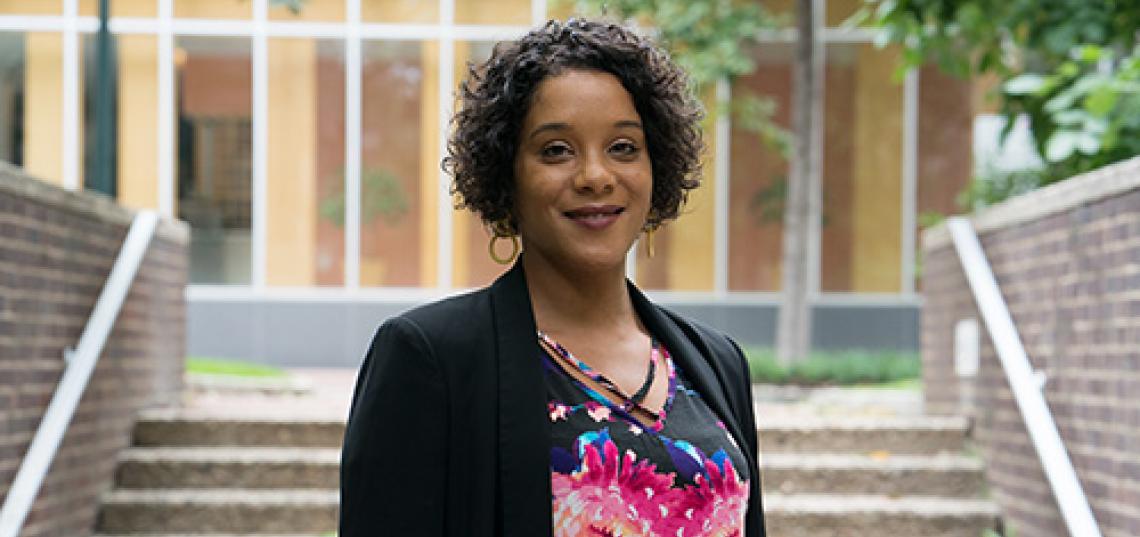
Today, women can protect themselves from HIV infection by simply taking one prescription pill daily. Named Preexposure prophylaxis (PrEP), when taken correctly, it is up to 92% effective.
While this medication could play an important role in reducing HIV infection among women, a new study shows that racial bias among physicians and other healthcare providers may limit the number of Black women who are prescribed PrEP.
“Despite their disparately high HIV incidence and their voiced willingness to use PrEP, Black women’s knowledge and uptake of PrEP are low, especially relative to white women and men who have sex with men (MSM),” said Assistant Professor Shawnika Hull, who led the study. Hull and her co-authors published their findings in the paper “Providers PrEP: Identifying Primary Healthcare Providers’ Biases as Barriers to Provision of Equitable PrEP Services.”
The study involved testing the ways racial biases among primary healthcare providers (PHCP) impacts their willingness to discuss and prescribe PrEP to women, Hull said, and their findings demonstrate that “providers who exhibit high racial bias are less willing to discuss and prescribe PrEP to a Black (compared to white) PrEP eligible patient. This difference was due, in part, to the fact that these providers assumed that Black (compared to white) patients would be less adherent to the medication regimen.”
Hull said while primary healthcare providers serve as important gatekeepers to PrEP, mounting evidence shows that providers know about PrEP, but are not prescribing it to Black women in accordance with the demonstrable need.
“PHCP may make judgements about who is (not) a good candidate for PrEP that are based on conscious and nonconscious stereotypes and prejudice that disadvantage women, drug users, the poor, and Black people,” Hull said. “For example, Assistant Professor Sarah Calabrese at The George Washington University found in her research that medical student respondents demonstrated racial biases in their willingness to prescribe PrEP to Black compared with white MSM due to stereotypes about Black hyper-sexuality that lead to assumptions of risk compensation among Black MSM. Stereotypes of hyper-sexuality are likely to extend to Black women and be complicated by other stereotypes about Black women, drug users and poor people. So, identifying how intersectional stigma in clinical encounters disadvantages Black women is crucial to increasing their access to PrEP.”
To conduct the research, Hull said the team used an online experiment delivered to primary healthcare providers through the Qualtrics research platform. They were randomly assigned to receive one of four vignettes about a PrEP eligible woman and report their willingness to introduce and prescribe PrEP. Vignettes, varied on the patient’s race (Black/white) and substance use (recent/none).
While “this research highlights the specific ways racial bias among healthcare providers inhibit HIV prevention and may contribute to and exacerbate disparities in HIV prevention,” Hull said, “it also opens new possibilities for the development of HIV prevention interventions that are responsive to the social-structural barriers to ending the epidemic.”
Discover more about the Communication Department at the Rutgers School of Communication and Information on the website.
